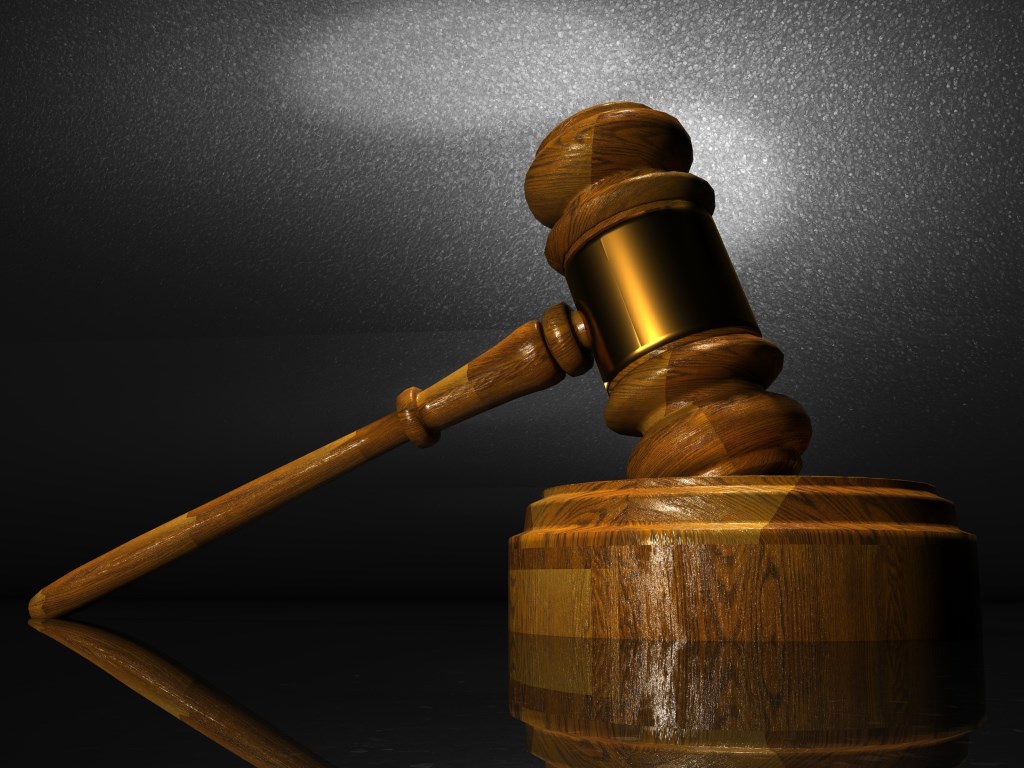State Defends Juvenile Life Sentences
DOJ lawyers seek to dismiss ACLU suit calling this cruel and unusual punishment.
Juvenile life sentences in Wisconsin are legal because such sentences are not mandated by statute and because the state provides parole hearings to inmates serving such sentences, the state says in a document filed in Federal Court.
Assistant State Attorneys General Karla Keckhaver and Lisa E. Kumfer ask U.S. District Judge James D. Peterson to dismiss an ACLU lawsuit challenging juvenile life sentences. As an alternative, they say, Peterson should delay the suit until after the U.S. Supreme Court hears Mathena v. Malvo, a case also involving juvenile life sentences. That outcome of that case, the state argues, “may entirely foreclose” the ACLU’s allegations.
The ACLU brought its class-action lawsuit in April on behalf of prison inmates sentenced to life in prison for crimes they committed as juveniles. It seeks to reform the state’s parole process and provide qualified juvenile lifers a meaningful chance at walking out the prison gates.
The suit also alleges the state violates the juveniles Sixth Amendment right to a jury trial because juries are not making key findings in juvenile lifer cases.
The state, however, says the suit is barred by a U.S. Supreme Court ruling barring civil rights suits that challenge the validity of a defendant’s conviction or the length of sentence.
The state also disputes the suit’s contention that the state does not provide juvenile lifers “with a realistic and meaningful opportunity for release” once the inmates show they have matured and are rehabilitated.
The state argues that Wisconsin juvenile lifers are provided parole hearings and U.S. Supreme Court rulings that juvenile life sentences violate the Eighth Amendment are limited to instances where juveniles are sentenced to life without the possibility of parole.
The state does not, however, say whether the hearings have actually led to any juvenile lifers getting parole.
Keckhaver and Kumfer argue the law does not require juvenile offenders to be released as soon as they are mature and rehabilitated.
“Proportionality works both ways,” Keckhaver and Kumfer contend in the brief. “The punishment may not be disproportionately severe, but neither is the state required to release an offender before he or she has served a sentence proportionate to the gravity of the offense and the culpability of the offender.”
Constitutional protections enjoyed by criminal defendants do not apply to the parole hearings process, they say.
Gretchen Schuldt writes a blog for Wisconsin Justice Initiative, whose mission is “To improve the quality of justice in Wisconsin by educating the public about legal issues and encouraging civic engagement in and debate about the judicial system and its operation.
Court Watch
-
No Unemployment Benefits For Worker Making Homophobic Remarks
 May 17th, 2022 by Gretchen Schuldt
May 17th, 2022 by Gretchen Schuldt
-
Appeals Court Upholds Injunction Against Abortion Protester
 Mar 13th, 2022 by Gretchen Schuldt
Mar 13th, 2022 by Gretchen Schuldt
-
80% of State’s Judicial Races Uncontested
 Feb 20th, 2022 by Gretchen Schuldt
Feb 20th, 2022 by Gretchen Schuldt





















